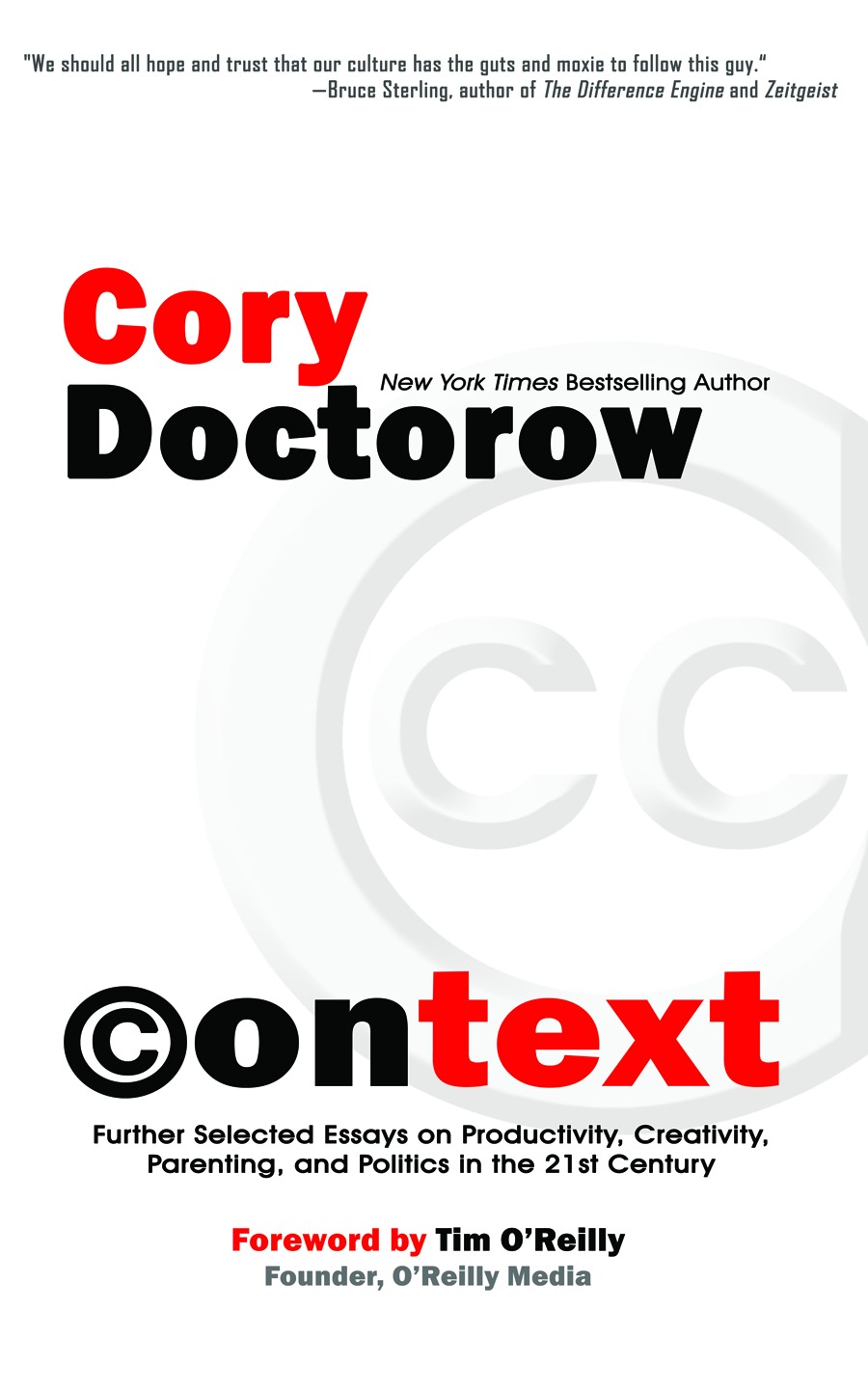Fibreculture journal, 18: trans (2011)
Filed under journal | Tags: · ecology, internet, media archeology, network culture, new media, software, tactical media, web
“It is now perhaps a commonplace that digital, networked and informational media are extremely transient. They diversify in form and function at a dizzying rate. At the same time, they transit and fuse “social” and “natural” differences in a manner which reconfigures all the worlds involved. It is also perhaps a commonplace to suggest that some established powers have found it difficult to come to grips with this (although this is perhaps beginning to change). For many, from seriously challenged newspaper proprietors to established media disciplines, it might be time to pause for breath, if only for a moment—to regroup and adapt established practices and ideas, to count the survivors from among the old media worlds of just a few years ago.
While occasionally sympathetic, issue 18 of the Fibreculture Journal questions this approach. If we pause for breath, it is to take in the new air. This issue draws on the accelerated evolutions of media forms and processes, the microrevolutions in the social (and even the natural sciences) that dynamic media foster, even the way in which “new” media lead us to reconsider the diversity of “old” media species. Summed up simply here under the sign/event of the “trans,” this issue catalyzes new concepts, accounts of and suggestions for new practices for working with all these processes.”
Articles:
Petra Gemeinboeck and Rob Saunders: Other Ways Of Knowing: Embodied Investigations of the Unstable, Slippery and Incomplete
John Tinnell: Transversalising the Ecological Turn: Four Components of Felix Guattari’s Ecosophical Perspective
Vince Dziekan: Anxious Atmospheres, and the Transdisciplinary Practice of United Visual Artists
Kristoffer Gansing: The Transversal Generic: Media-Archaeology and Network Culture
Christoph Brunner and Jonas Fritsch: Interactive Environments as Fields of Transduction
Troy Rhoades: From Representation to Sensation: The Transduction of Images in John F. Simon Jr.’s ‘Every Icon’
Michael Dieter: The Becoming Environmental of Power: Tactical Media After Control
Simon Mills: Concrete Software: Simondon’s mechanology and the techno-social
Fenwick McKelvey: A Programmable Platform? Drupal, Modularity, and the Future of the Web
Edited by Andrew Murphie, Adrian Mackenzie and Mitchell Whitelaw
Publisher Fibreculture Publications/The Open Humanities Press, Sydney, Australia, October 2011
ISSN 1449-1443
Jussi Parikka, Tony D. Sampson (eds.): The Spam Book: On Viruses, Porn, and Other Anomalies from the Dark Side of Digital Culture (2009)
Filed under book | Tags: · internet, media studies, pornography, software, spam, technology, virus

For those of us increasingly reliant on email networks in our everyday social interactions, spam can be a pain; it can annoy; it can deceive; it can overlaod. Yet spam can also enterain and perplex us. This book is an aberation into the dark side of network culture. Instead of regurgitating stories of technological progress or over celebrating creative social media on the internet, it filters contemporary culture through its anomalies.
Contributions by John Johnston, Tony D. Sampson, Luciana Parisi, Roberta Buiani, Jussi Parikka, Steve Goodman, Matthew Fuller & Andrew Goffey, Susanna Paasonen, Katrien Jacobs, Dougal Phillips, Greg Elmer, Richard Rogers, Alexander R. Galloway & Eugene Thacker.
Publisher Hampton Press, 2009
Communication series: Communication alternatives
ISBN 1572739150, 9781572739154
320 pages
review (Gary Genosko, Leonardo)
PDF (updated on 2012-7-15)
Comment (0)Cory Doctorow: Context: Further Selected Essays on Productivity, Creativity, Parenting, and Politics in the 21st Century (2011)
Filed under book | Tags: · censorship, copyright, creativity, intellectual property, internet, politics, technology

One of the internet’s most celebrated hi-tech culture mavens returns with this second collection of essays and polemics. Discussing complex topics in an accessible manner, Cory Doctorow’s visions of a future where artists have full freedom of expression is tempered with his understanding that creators need to benefit from their own creations. From extolling the Etsy makerverse to excoriating Apple for dumbing-down technology while creating an information monopoly, each unique piece is brief, witty, and at the cutting edge of tech. Now a stay-at-home dad as well as an international activist, Doctorow writes as eloquently about creating internet, real-time theater with his daughter as he does in lambasting the corporations that want to limit and profit from inherent intellectual freedoms.
Foreword by Tim O’Reilly
Publisher Tachyon Books, October 2011
ISBN 978-1-61696-048-3
Licensed under a Creative Commons Attribution-Noncommercial-ShareAlike license

